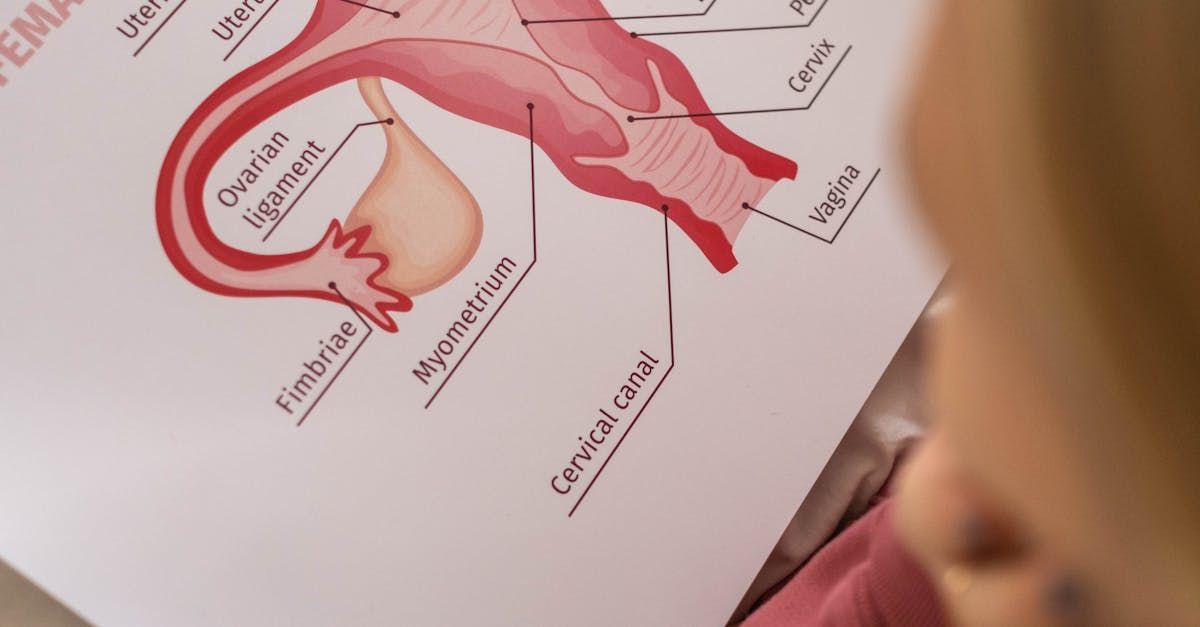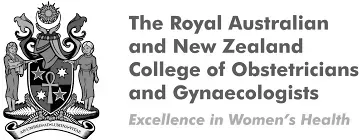PCOS and Fertility: What You Need to Know
Polycystic Ovary Syndrome (PCOS) is one of the most common hormonal disorders affecting women of reproductive age. While PCOS can present challenges to fertility, the good news is that with the right management and treatment, many women with PCOS can successfully conceive. In this blog, we’ll explore the relationship between PCOS and fertility, and the steps you can take to improve your chances of getting pregnant.
What is PCOS?
PCOS is a condition characterized by hormonal imbalances, irregular menstrual cycles, and the presence of small “cysts” on the ovaries. Women with PCOS often have higher levels of androgens and insulin resistance, which can interfere with ovulation. Common symptoms include irregular periods, weight gain, acne, and excess hair growth. However, not all women with PCOS have the same symptoms, making it essential to work with a healthcare provider for an accurate diagnosis.
How PCOS Affects Fertility
The primary way PCOS impacts fertility is by disrupting ovulation. Ovulation is the release of an egg from the ovary, and in women with PCOS, ovulation may be infrequent or absent. Without regular ovulation, it’s challenging to conceive naturally. Additionally, PCOS is associated with an increased risk of miscarriage and other pregnancy complications.
Treatment Options for PCOS-Related Infertility
The good news is that there are several effective treatments for managing PCOS and improving fertility. Lifestyle modifications, such as weight loss, healthy eating, and regular exercise, can significantly improve ovulation and insulin sensitivity. Medications like letrozole or clomiphene citrate are often prescribed to stimulate ovulation. In more complex cases, assisted reproductive technologies like IVF may be recommended. Metformin, an insulin-sensitizing drug, is also sometimes used to improve ovulation in women with PCOS.
Conclusion
PCOS can be a challenging condition, especially when it comes to fertility. However, with the right diagnosis, treatment, and lifestyle changes, many women with PCOS go on to have successful pregnancies. If you suspect you have PCOS or are struggling with infertility, consult with a fertility specialist to explore your options. Early intervention and tailored treatment can make a significant difference in your fertility journey.






